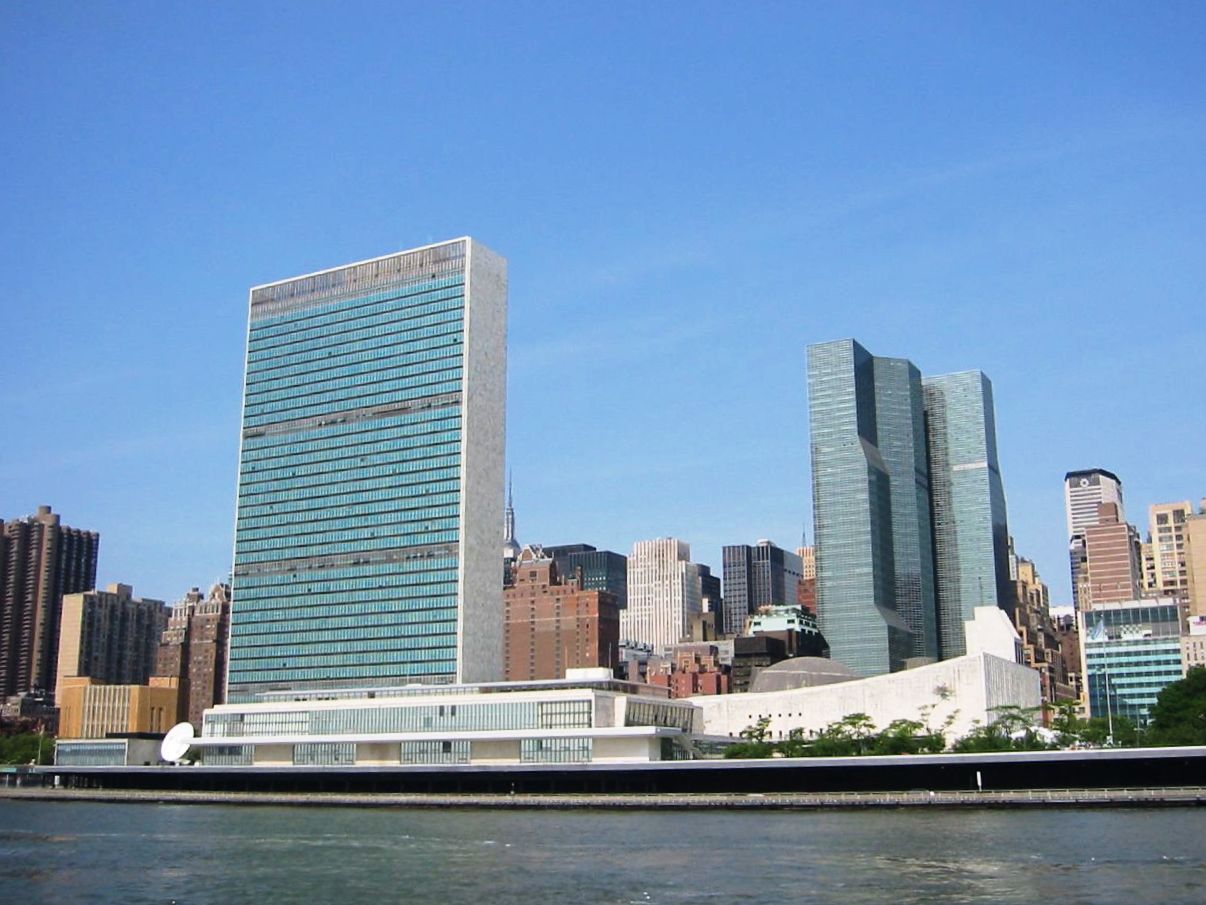The World Economy Forecasting Model (WEFM)
WEFM is used for globally consistent short-term projections at country level. The Global Policy Model
The Global Policy Model (GPM) is a tool for investigation of policy scenar
SDG #8: Decent work and economic growth
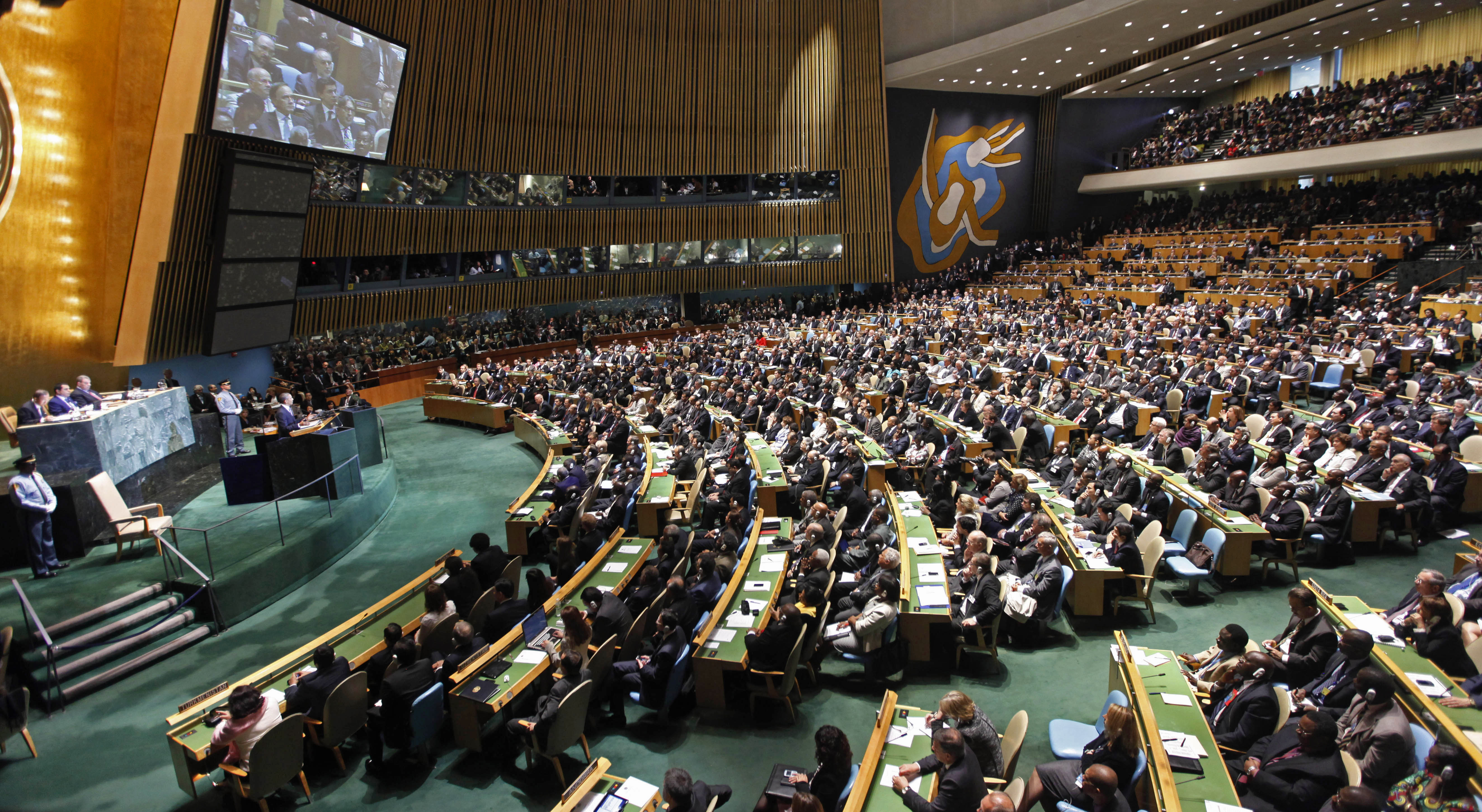
The World Economy Forecasting Model (WEFM)
WEFM is used for globally consistent short-term projections at country level. The Global Policy Model
The Global Policy Model (GPM) is a tool for investigation of policy scenar
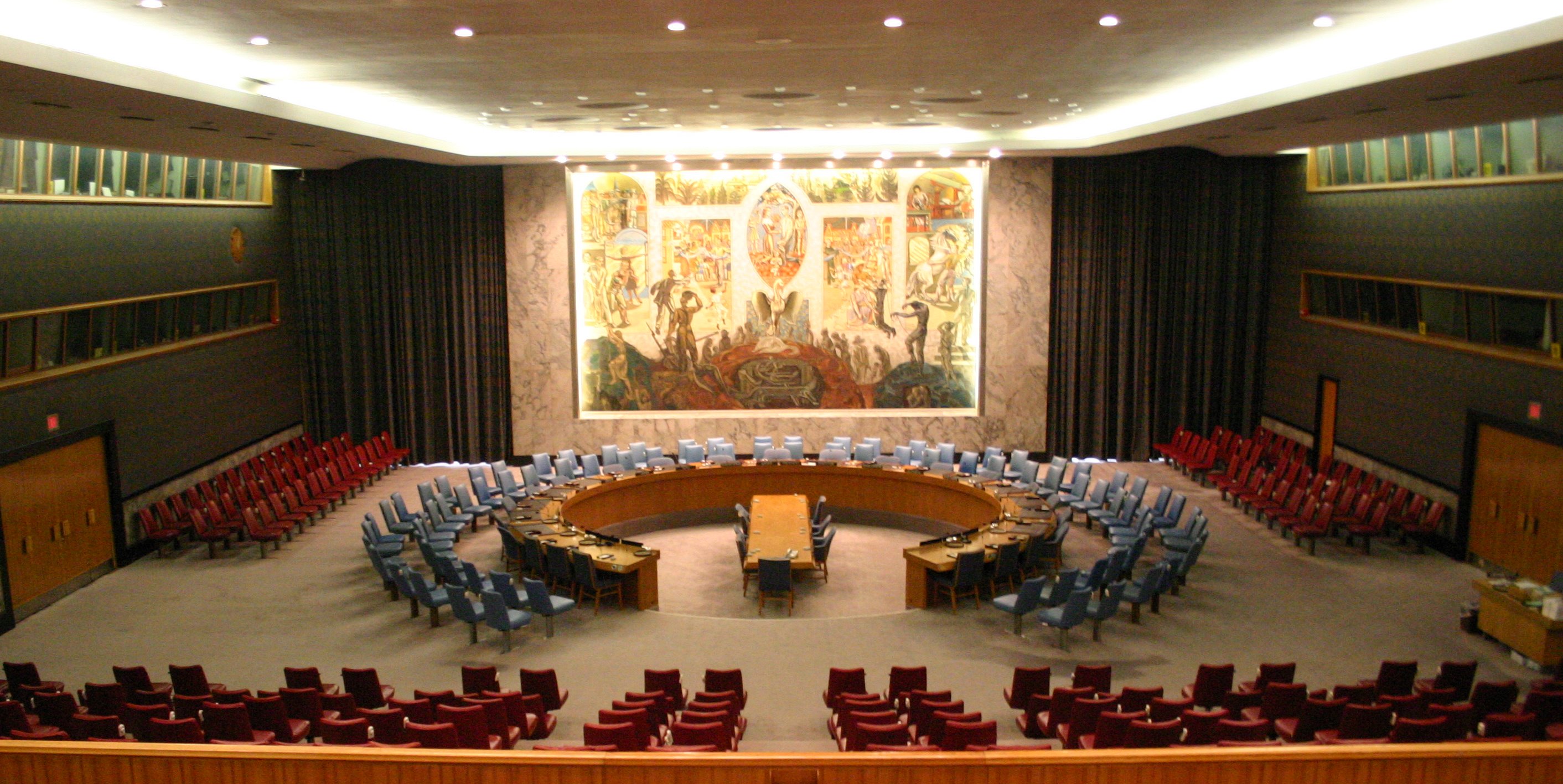
The World Economic Situation and Prospects 2013 presents a post-crisis world economy still struggling with continued weakening growth of 2.2 per cent in 2012. It projects disappointing global growth of 2.4 per cent in 2013 and 3.2 per cent i

The World Economy Forecasting Model (WEFM)
WEFM is used for globally consistent short-term projections at country level. The Global Policy Model
The Global Policy Model (GPM) is a tool for investigation of policy scenar
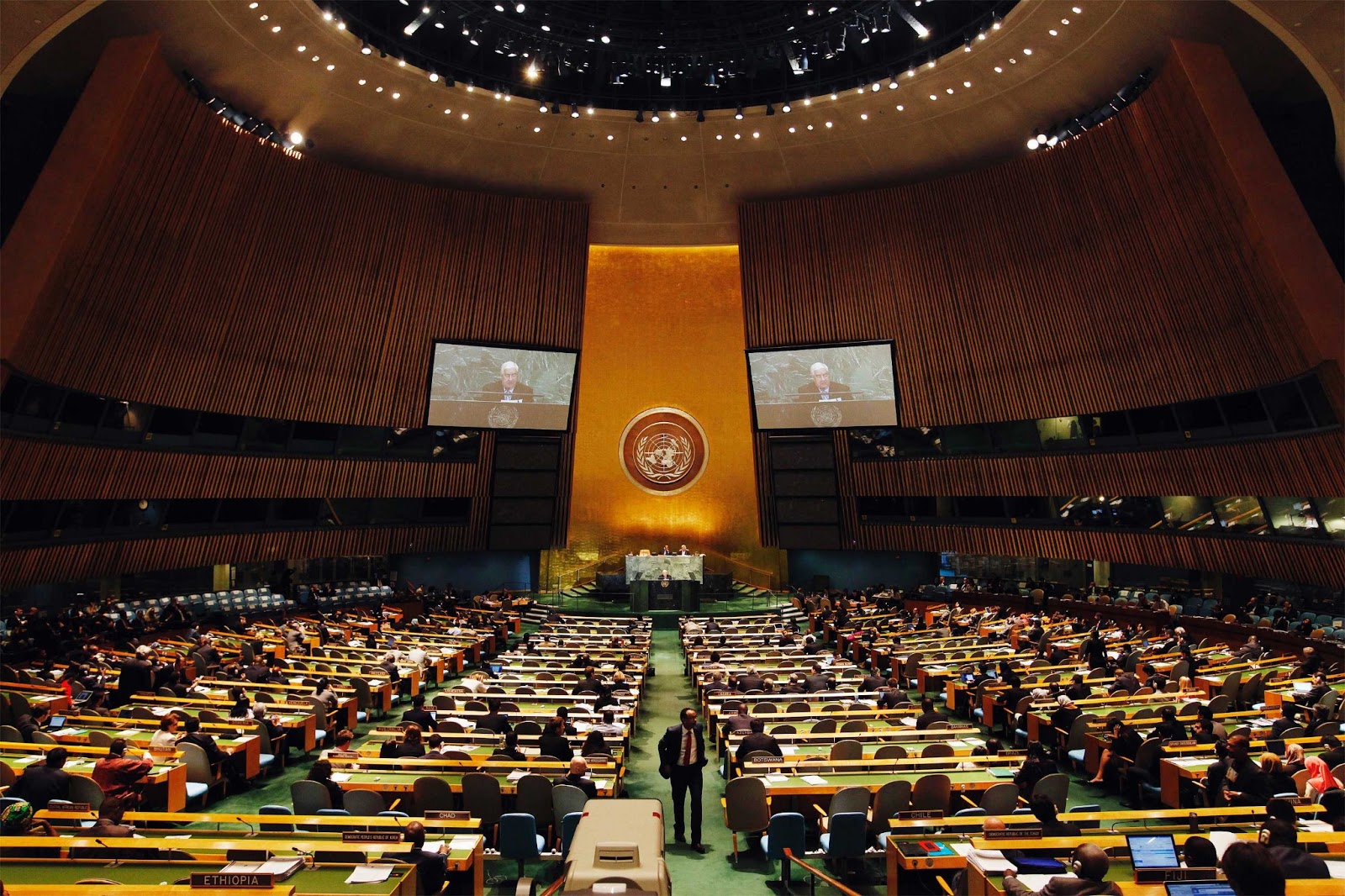
The World Economy Forecasting Model (WEFM)
WEFM is used for globally consistent short-term projections at country level. The Global Policy Model
The Global Policy Model (GPM) is a tool for investigation of policy scenar
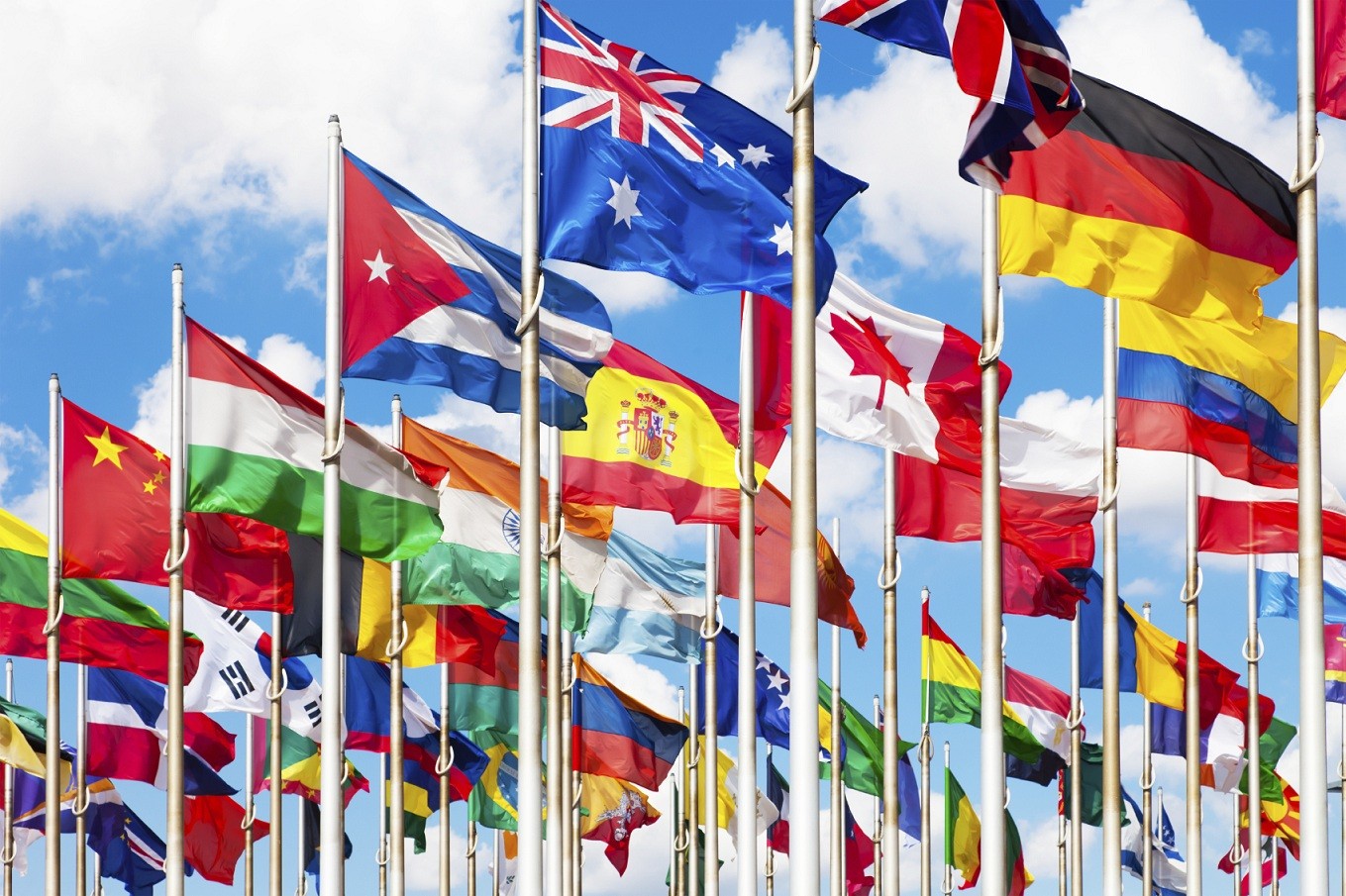
DESA/DPAD, in collaboration with the Project LINK Research Center of the University of Toronto, held its annual Expert Group Meeting on the World Economy (Project LINK conference) from October 21 to 23 in New York. The conference was attend

December 2013
Summary:
Anaemic economic recovery is accompanied by tame?inflation in developed economies.
?GDP growth is stronger than expected in the United?States.
?Currencies in some emerging econ
 Welcome to the United Nations
Welcome to the United Nations
